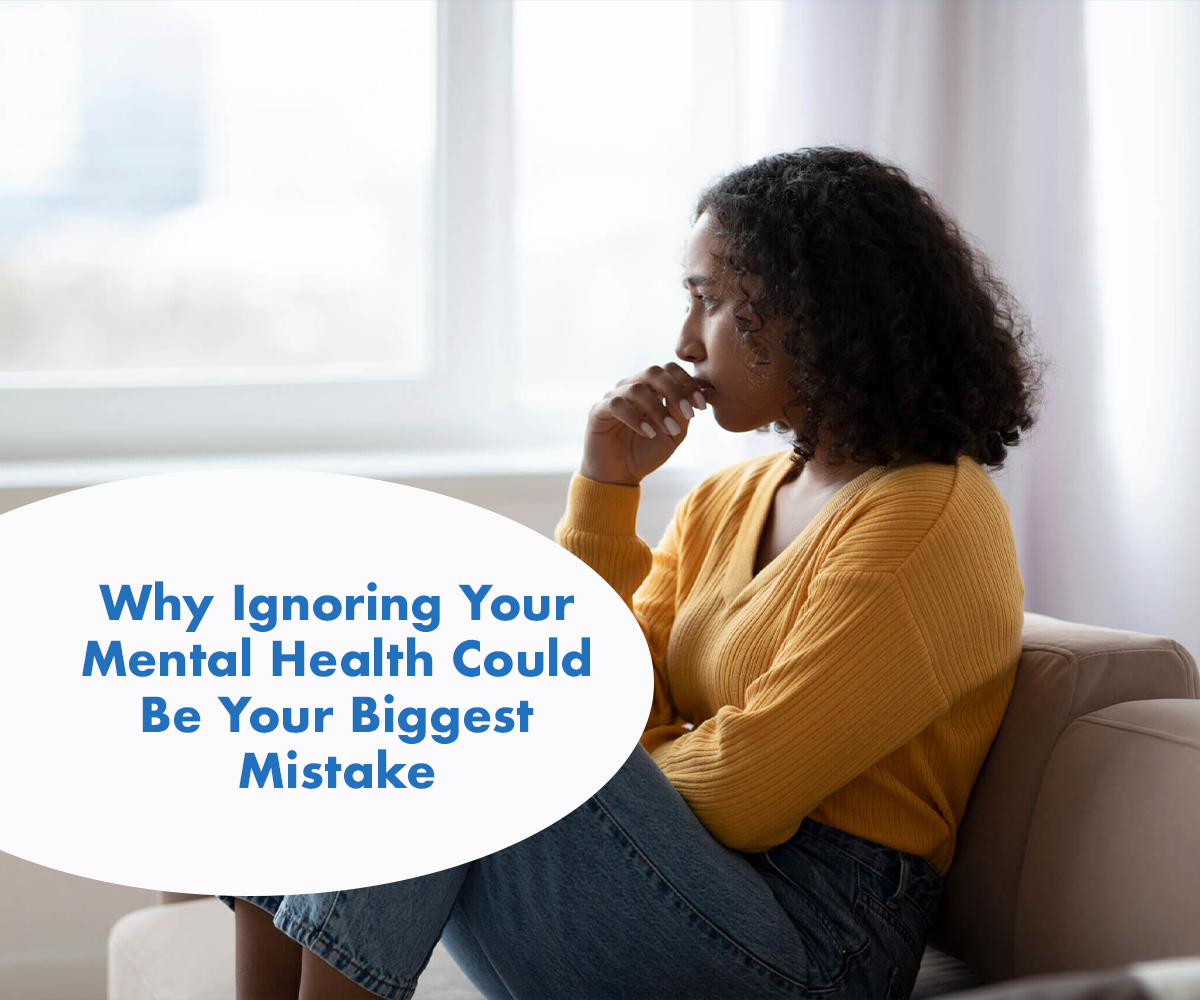When we think about health, many of us immediately picture physical fitness—exercise, nutrition, and keeping our bodies in shape. But there’s another equally vital part of the equation that often goes overlooked: our mental health. In today’s fast-paced, high-pressure world, neglecting mental health can have devastating consequences, both for individuals and society as a whole.
Kenya, like many countries, is witnessing a worrying rise in mental health issues, from anxiety and depression to burnout and stress. What’s more alarming is that many people suffer in silence, too afraid or unaware of how to seek help. And while society is quick to respond to physical illnesses, mental health continues to be shrouded in stigma and misunderstanding.
What makes mental health just as important as physical health? It’s simple: your mind and body are deeply connected. Poor mental health can lead to physical symptoms like fatigue, headaches, and even heart problems. On the flip side, when we prioritize mental well-being—through practices like mindfulness, therapy, and stress management—we not only improve our emotional state but also our physical health.
Neglecting mental health can lead to serious consequences. Depression, anxiety, and other mental health disorders don’t just affect how you feel; they also affect how you function. Productivity decreases, relationships suffer, and even daily tasks can feel overwhelming. Worse still, untreated mental health issues can lead to severe physical health problems, substance abuse, and, in extreme cases, suicide.
But there’s hope. At Nairobi Adventist Hospital, we believe that mental health deserves as much attention as physical health. Taking steps to nurture your mind—whether through counseling, exercise, or simply taking time for self-care—can drastically improve your quality of life. Seeking help is not a sign of weakness; it’s a critical step toward holistic health.
In the end, mental and physical health are two sides of the same coin. Ignoring one puts the other at risk. The sooner we recognize this, the sooner we can break down the stigma and build healthier, happier lives. Let’s stop treating mental health like an afterthought and start giving it the attention it deserves.


